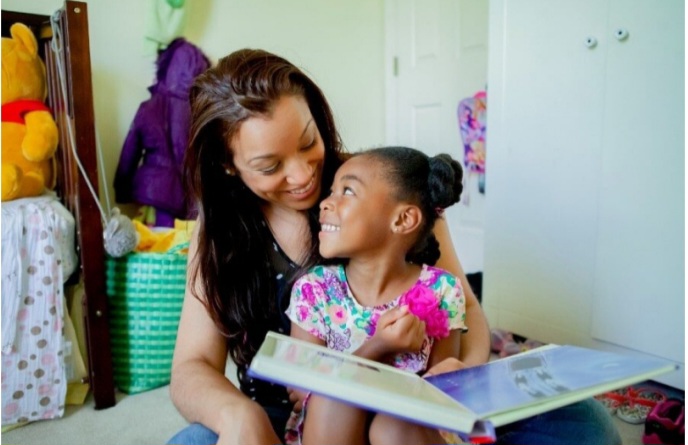By: Elizabeth A. Kaine
Sister-to-sister talks can be a powerful catalyst for addressing the intricacies of parenting and the vital relationships between parents and their children. These open conversations provide a unique platform for sharing experiences, insights, and strategies that can greatly enhance the parenting journey. Central to this dialogue is the recognition of parents’ duties in fostering a safe and nurturing environment, allowing children to communicate openly without fear of judgment or misunderstanding.
Every parent has a crucial role in establishing a foundation of trust and security that encourages children to share their thoughts and feelings. When parents actively listen and respond with empathy, they create an atmosphere where children feel valued and understood. This open line of communication is essential for children to express themselves freely, share their concerns, and seek guidance. It is through these conversations that parents can help their children navigate the complexities of life, including peer pressure and external influences that may lead them astray.
Moreover, a strong parent-child relationship is built on mutual respect and understanding. Parents should strive to cultivate a sense of safety, where children know they can discuss any topic—be it academics, friendships, or personal struggles—without fear of harsh judgment. This openness not only helps children feel secure but also empowers them to make informed decisions. When children see their parents as allies rather than authority figures, they are more likely to approach them for advice rather than turning to peers or external sources that may not have their best interests at heart.
It’s also vital for parents to model healthy behaviors and decision-making processes. By sharing their own experiences and the lessons learned from mistakes, parents can help children understand the consequences of their choices and the importance of integrity. This approach not only fosters trust but also equips children with the tools they need to face challenges independently while still knowing they can rely on their parents for support.
Furthermore, these discussions should include conversations about the importance of setting boundaries and recognizing peer pressure. Parents can guide their children in identifying situations where they might feel compelled to conform to negative influences and help them develop strategies to resist such pressures. This proactive approach encourages children to cultivate their own values and beliefs, reinforcing their ability to make choices that align with their true selves.
In conclusion, the importance of open conversations about parenting and child relationships cannot be overstated. By fostering an environment of trust, respect, and understanding, parents can ensure that their children feel comfortable sharing their lives without fear of judgment. So, let our moms and dads lead the way in creating these meaningful dialogues. By prioritizing these relationships, parents can help their children become well-rounded individuals who are prepared to face the world with integrity and self-assurance.


